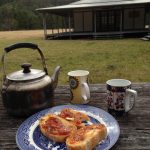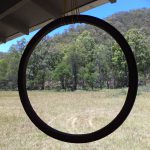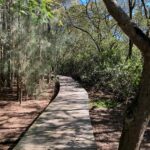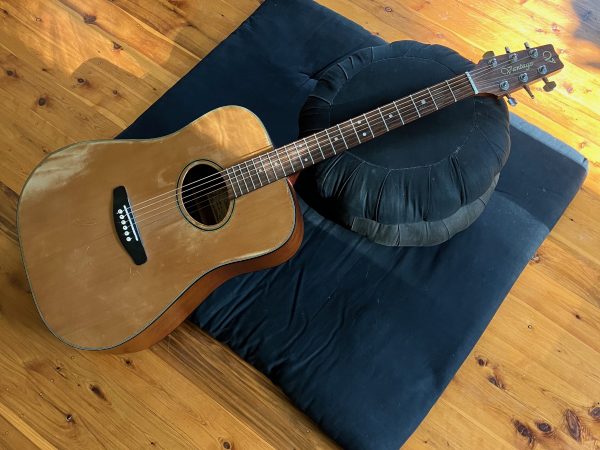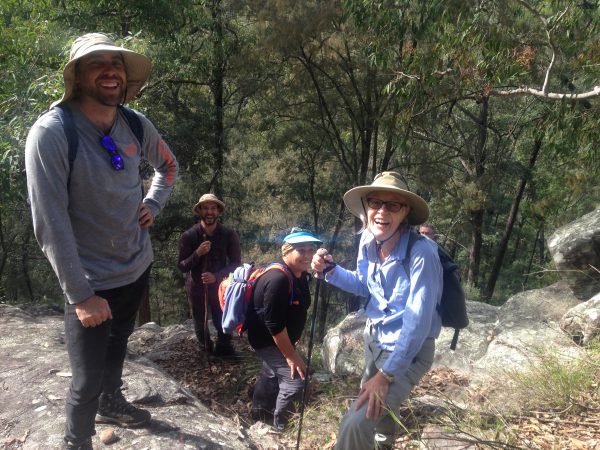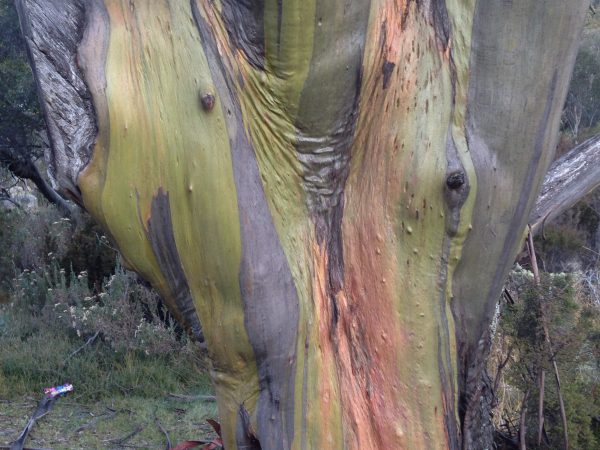Intimate with it
In ‘seeing the reflection’ and ‘seeing the portrait’, we find that which we can’t put into words. This teisho looks at Case 98, The Book of Serenity, and also explores the Soto ancestor side of our Zen lineage, Dongshan. This teisho was given by Jane Andino, roshi on day 3 of Winter sesshin 2024 at Annandale

